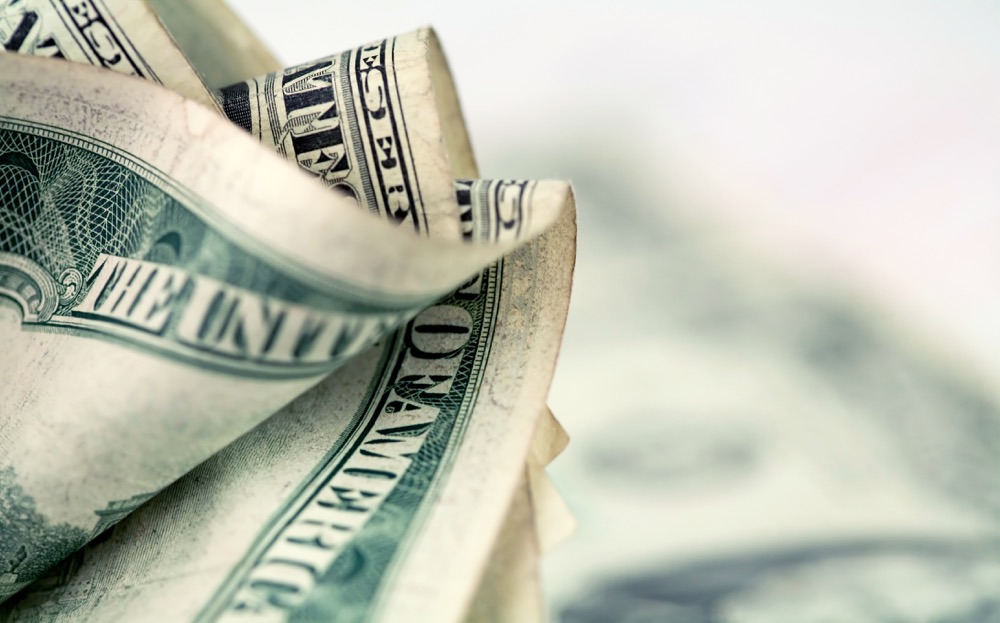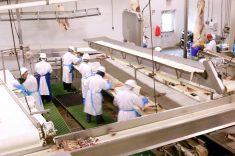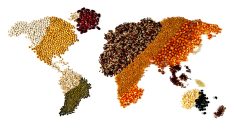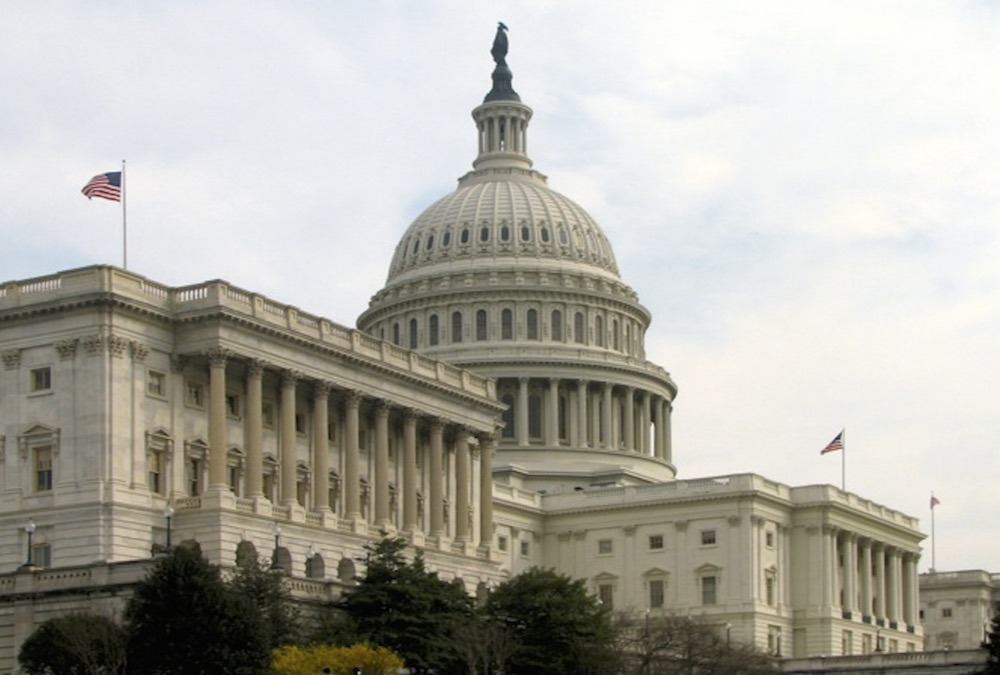Regarding the export market, Japan has a new prime minister but nothing has indicated that will appreciably affect their economy. China is reining in tech firms, the property market and other industries. We hope that doesn’t have major impacts on their demand for fed beef but it needs monitoring, given their importance in global beef markets.
There are some things President Biden’s administration and the Democrats are doing down here that will benefit Canadian companies. The U.S. had one of the highest corporate tax rates in the world before President Trump and the Republicans’ 2017 tax reform lowered the corporate tax rate and cut regulations to make it more attractive to operate here instead of in countries with lower taxes and fewer regulations. Many companies moved headquarters to Ireland, where the corporate tax rate is 12.5 per cent.
Read Also

Improving soil health on the ranch
Yamily Zavala, PhD, talks soil health for farmers and ranchers at a grazing club field day at Paradise Hill, Saskatchewan.
The Democrats are trying to increase our current 21 per cent rate to a 26.5 per cent rate, down from their original proposed 28 per cent.
Should anyone want to invest in U.S. companies, the capital gains tax, now at 20 per cent, would jump to 25 per cent. Biden wanted 43.5 per cent.
The upshot is that the competitiveness of American companies would take a hit and companies in other countries will benefit.
With all the legislation the Democrats are trying to cram through with very narrow voting margins to work with, including an infrastructure bill, a monstrous $3.5 trillion social restructuring and climate change bill, an increase in the debt ceiling and funding for the government past the fiscal year-end, we can hope that certain bills introduced never see the light of day again.
One of those is a bill introduced by senators from states known to harbour cattle industry radicals — South Dakota and Montana — and New Jersey, home to one senator who wants to “reform” all of agriculture. That bill attempts to resurrect yet again mandatory country-of-origin labelling (mCOOL).
Interestingly, the bill acknowledges the checkered and failed history of mCOOL, allowing a year for the U.S. trade representative and the secretary of agriculture to figure out an mCOOL for beef that complies with WTO rules. You will recall that the WTO authorized Canada and Mexico to impose retaliatory tariffs of nearly $1 billion against U.S. products if the law wasn’t repealed. Congress did so in 2015.
USDA and Washington brains couldn’t come up with a WTO-compliant rule under President Obama, the last time they were so assigned. We’re not sure many of the same people in the Biden administration could do it this time.
But we shouldn’t underestimate politicians’ ability to screw things up. White House economists helpfully came out and explained to our consumers that much of the increase in food prices was due to higher prices for beef, pork and poultry. And USDA is once again going to investigate competitiveness in the beef industry because anti-trust enforcement is one of this administration’s themes.
USDA has said it is going to evaluate beef labelling because animals not born and raised here but slaughtered in the U.S. can be labelled product of the U.S.A. The agency has been pressured by radicals and consumer groups on a “transparency” basis that only beef coming from animals born, raised and slaughtered in the U.S. should be labelled U.S. product.
At least from the standpoint of the fringe cattle groups such as R-CALF and U.S. Cattlemen, all the fancy, dressed-up language they use to claim American consumers are confused at the meat case is just a smokescreen for their real agenda, which is to keep feeder or fed cattle from Canada or Mexico out of the U.S. The percentage of our total slaughter coming from Canada or feeder cattle from Mexico is not sufficient to be a major concern to our market but they don’t see it that way. The fact that Canada and Mexico are historically major customers of our beef industry — Canada is tops in value, top five in volume — is too many steps from their ranch gate for them to comprehend. Free trade going both directions is something they have made very plain they don’t believe in.
We’ve not heard any indication this bill will go anywhere, especially on a crowded legislative calendar but we will keep an eye on it as mCOOL was a tremendous disruption, a bad idea and a very expensive debacle before. The average consumer at the meat case bought on the basis of taste, tenderness and flavour, not origin. Boxed beef prices this year have indicated strong demand — in fact, the best in 33 years.
We haven’t heard consumers backing off because labels weren’t “transparent.” All the beef consumers buy here is USDA-inspected or equivalent for food safety and its quality is backed by the reputations, grading and buying skill of retailers and HRI buyers.
We don’t need a repeat of stupid ideas.
















